For all those dealing with operator, resident, bystander and worker exposure risk assessment of pesticides, this conference is the place to be. Do you have to implement 2022 EFSA OPEX Guidance updates? Are you interested in dermal absorption? Do you deal with risk mitigation measures? Are you facing trends in application techniques? Then join us!
This popular Akademie Fresenius Conference "Worker, Operator, Bystander and Resident Exposure Risk Assessment" will be of great interest to you. It is the place to be to receive all the latest updates, to meet your peers and to join important discussions in a comfortable conference atmosphere. Reason enough for many participants to attend regularly. So don’t miss out to secure your place for the event!
You can also follow all the exciting contributions via our Live Stream! Please find further information on the virtual participation here.
EFSA OPEX Guidance and Calculator
Bystander and resident safety
DFR, TC, DT50, and worker safety
Ongoing activities outside Europe
Operator safety
Dermal absorption in PPP
Professionals working in the fields of:
Sectors that should take part:
Picture Credits: © lala Firdaa – AdobeStock, © Ron – AdobeStock
Timings are in Central European Time CET.
Alistair Morriss, Corteva Agriscience, UK
Piotr Ogrodowczyk, European Commission, Belgium (virtual presence)
Agathi Charistou, Benaki Phytopathological Institute, Greece
Despina Bournele, Benaki Phytopathological Institute, Greece
Edgars Felkers, Bayer Crop Science Division, Germany and CropLife Europe, Belgium
Sebastian König, Federal Food Safety and Veterinary Office (FSVO), Switzerland
Jean-Paul Douzals, National Research Institute for Agriculture, Food and Environment (INRAE), France
Christiane Wiemann, BASF, Austria
Adriana Torres de Sousa Pottier, Brazilian Health Regulatory Agency (ANVISA), Brazil
Fabiana Cremaschi Palma, Instituto ProHuma de Estudos Cientificos, Brazil
Emily Bryson, California Department of Pesticide Regulation (DPR), USA (virtual presence)
Felix M. Kluxen, BASF, Germany
After the first conference day you are most welcome to attend our evening event for an unhurried evening of good food and leisure time. Please join us to continue the day’s interesting discussions in a relaxed and comfortable atmosphere.
Timings are in Central European Time CET.
Neil A. Byron, Exponent, UK
Gunnar Fent, State Education and Research Center of Viticulture, Horticulture and Rural Development (DLR-Rheinpfalz), Germany
Simon Euringer, Bavarian State Institution for Agriculture LFL, Germany
Edward Chikwana, Corteva Agriscience, USA
Enrico Peter, German Federal Institute for Risk Assessment (BfR), Germany
Jens Karl Wegener, Julius Kühn-Institute (JKI) – Federal Research Centre for Cultivated Plants, Germany
Anugrah Shaw, University of Maryland Eastern Shore, USA
Name
Company
Despina Bournele
Benaki Phytopathological Institute, Greece
Despina Bournele is a Biologist in the Laboratory of Toxicological Control of Pesticides at the Benaki Phytopathological Institute in Greece with experience in Regulatory Toxicology and the non-dietary exposure assessment to both plant protection products and biocidal products.
moreless
Emily Bryson
California Department of Pesticide Regulation (DPR), USA
Emily Bryson is the supervisor over the Human Health Mitigation Programme in the California Department of Pesticide Regulation’s (DPR) Worker Health and Safety Branch. Emily founded and chairs DPR’s Emerging Technologies Workgroup, a collaborative effort between academia and government to gather information on emerging application technologies and build in-house subject matter expertise, and has represented California in US EPA’s Emerging Technologies Workgroup and Targeted Application Technologies Working Group. Emily also sits on the Remote Pilots’ and Aerial Applicators’ Association’s Advisory Board.
moreless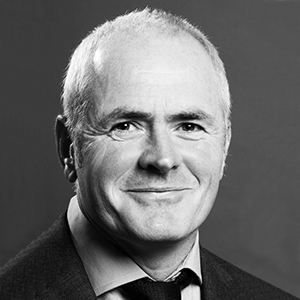
Neil A. Byron
Exponent International, UK
Neil A. Byron, is working as a Senior Managing Scientist in Exponent UK’s Health Sciences Center for Chemical Regulation and Food Safety. Prior to joining Exponent he was with the UK’s CRD for 18 years. He is a human exposure assessment specialist, having over 25 years of experience in exposure and risk assessment of PPP and is currently involved with the industry’s SeedTropex task Force who are developing a new exposure model for seed treatment.
moreless
Agathi Charistou
Benaki Phytopathological Institute, Greece
Agathi Charistou is a Regulatory Toxicologist in the Laboratory of Toxicological Control of Pesticides at the Benaki Phytopathological Institute in Greece with long experience in the evaluation of mammalian toxicology studies and non-dietary exposure assessment to both plant protection products and biocides.
moreless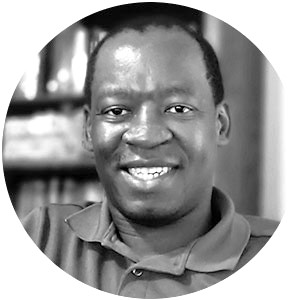
Edward Chikwana
Corteva Agriscience, USA
Edward Chikwana has worked in human health risk assessment in various capacities over the past few years. In his current role at Corteva Agriscience, he works as a Global Human Health Risk Assessor within the Exposure, Risk & Epidemiology group, assisting with global registration of several plant protection products. He has experience with risk-based dietary and non-dietary human exposure assessments, including higher tier approaches, to support registration of plant protection products across various geographies. He serves on several multi-disciplinary industry-wide teams, such as CLI, CLE, and CARES NG , responsible for addressing techno-regulatory issues and developing technical positions in alignment with global regulatory requirements.
moreless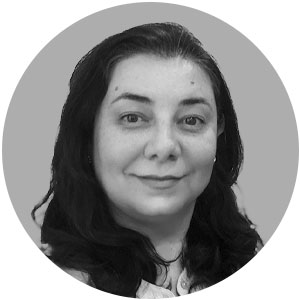
Fabiana Cremaschi Palma
Instituto ProHuma de Estudos Cientificos, Brasil
Fabiana Cremaschi Palma is a Pharmacist with a graduated in Biochemical Pharmacy and a degree in Biological Sciences. Since 2016, she has been the Technical and Administrative Director of the ProHuma Institute of Scientific Studies, working on the development of the institute and supporting the implementation of the assessment of non-dietary exposure to pesticides in Brazil and the development of a database to assess the risk of occupational exposure to pesticides.
moreless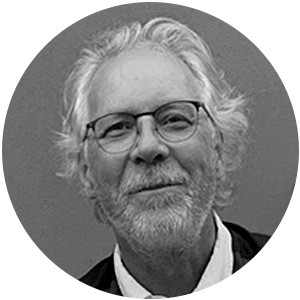
Jean-Paul Douzals
French Research Institute for Agriculture, Food and Environment (INRAE), France
Jean Paul Douzals is an Agricultural Engineer-with a PhD in Food Processing Sciences and he is the Head of the Spray Application Research Group at UMR ITAP INRAE Montpellier. His main research activities concern experimental developments for the comprehension of the spray application for plant protection and the definition of performance criteria for the optimisation of the process. Expected outcomes are the reduction of plant protection products doses, the definition of satisfying conditions for the development of bioproducts and biocontrol, the reduction of the impacts of spray applications such as spray drift. He is collaborating to several projects with LISAH and ECOSYS research teams aiming at developing an integrated model of PPP transfer in the environment.
morelessSimon Euringer
Bavarian State Institution for Agriculture LFL, Germany
Edgars Felkers
Bayer Crop Science Division, Germany
Edgars Felkers is an occupational and residential safety expert at Bayer Crop Science Division in Germany. He is responsible for non-dietary human exposure and risk assessments of plant protection products. Currently, he is also chairing CropLife Europe Occupational and Bystander Technical SubGroup (CLE OBE TSG).
moreless
Gunnar Fent
State Education and Research Center of Viticulture, Horticulture and Rural Development (DLR-Rheinpfalz), Germany
Gunnar Fent works at the Institute for Plant Protection of the State Education and Research Center of Viticulture, Horticulture and Rural Development (DLR-Rheinpfalz) in Germany. For several decades he has performed e-fate and environmental exposure studies with pesticides at different scales.
moreless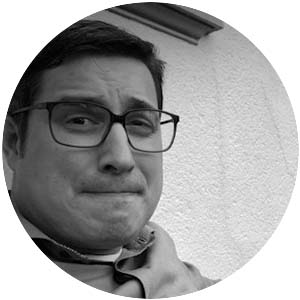
Felix M. Kluxen
BASF, Germany
Felix M. Kluxen is a pharmacist and certified toxicologist and has been working as a Regulatory Toxicologist since 2013. His main interests are NAMs, statistics in toxicology and risk assessment. He is a member of several CropLife Europe teams and international project groups.
moreless
Sebastian König
Swiss Federal Food Safety and Veterinary Office, Switzerland
Sebastian König is a biotechnologist and chemist by training and works at the Swiss Federal Food Safety and Veterinary Office. He is experienced in the assessment of non-dietary exposure to plant protection products. He is also involved in research on drones in agriculture.
moreless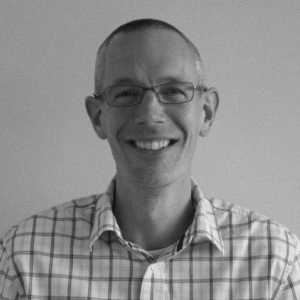
Alistair Morriss
Corteva Agriscience, UK
Alistair Morriss is a Global Human Health Risk Assessor at Corteva Agriscience in the UK. Prior to joining Corteva in 2023 he has been a Principal Consultant specialising in OPEX at Blue Frog Scientific based in the UK for 4 years and a Human Health Risk Assessor at Dow AgroSciences (now Corteva) for 8 years. Before joining Corteva and Blue Frog Scientific he worked in contract research organisations for 8 years.
moreless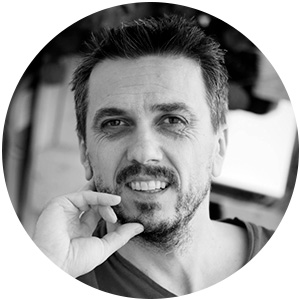
Piotr Ogrodowczyk
European Commission, Belgium
Piotr Ogrodowczyk is a Policy Officer at the European Commission and has been seconded to the European Commission DG SANTE E4 since April 2024. He has been working at the Polish Ministry of Agriculture and Rural Development since 2011. Since then, he has been working in the field of plant protection products - recently authorisation, previously use. In addition plant health, public aid and the common agricultural policy. He has also collaborated with scientific institutes, including in analyses related to the Farm to Fork Strategy in Polish conditions.
moreless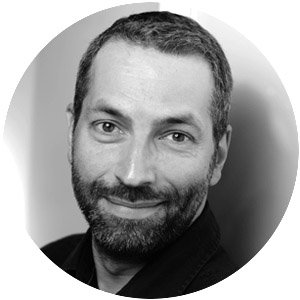
Enrico Peter
German Federal Institute for Risk Assessment (BfR), Germany
Enrico Peter is a Biologist and has been working at the German Federal Institute for Risk Assessment (BfR) as a Scientist in the Department Pesticides Safety since 2019. He is responsible for the risk assessment for plant protection product (with emphasis on non-dietary risk assessment) and the evaluation of toxicological data on plant protection products.
moreless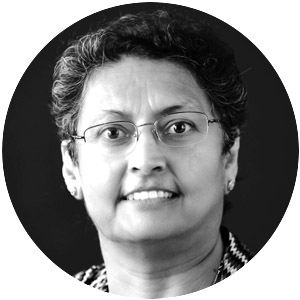
Anugrah Shaw
University of Maryland Eastern Shore, USA
Anugrah Shaw is a Professor at the University of Maryland Eastern Shore and has conducted research on protective clothing for pesticide applicators for three decades. She also serves as Director, International Center for PPE for Pesticide Operators and Re-entry Workers. Anugrah has provided leadership for the development of international standards on protective clothing for pesticide operators and is currently coordinating international initiatives on operator safety.
moreless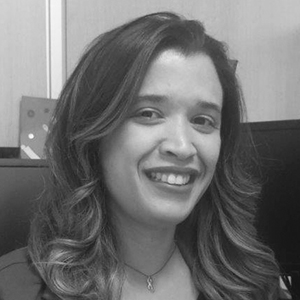
Adriana Torres de Sousa
Brazilian Health Regulatory Agency (ANVISA), Brazil
Adriana Torres de Sousa is a Health Regulation Expert of the Brazilian Health Regulation Agency (ANVISA) and, since 2017, she is manager of the Monitoring and Pesticide Risk Assessment Office, which is in charge of dietary and non-dietary health risk assessment of pesticide exposure, pesticide toxicological re-evaluation process and the Program on Pesticide Residue Analysis in Food (PARA). Adriana has been working for over 17 years on pesticide regulation. Adriana holds a Chemistry Degree, a Master’s degree in Inorganic Chemistry and a Postgraduate certificate in Toxicology Applied to Sanitary Surveillance.
moreless
Jens Karl Wegener
Julius Kühn-Institut (JKI) – Federal Research Centre for Cultivated Plants, Germany
Jens Karl Wegener has been Director and Professor of the Institute for Application Techniques in Plant Protection at Julius Kühn-Institute (JKI), since 2013. In 2017 he was appointed to be Honorary Professor at Technical University of Braunschweig, where he is supporting teachings of the Institute for Mobile Machinery and Commercial Vehicles (IMN). Furthermore he is conducting the interdisciplinary and university-covering block module \"Innovative Plant Protection Technologies\" together with students and instructors from five different Universities: His main focus is on optimisation and risk assessment of processes and procedures in agriculture. In this context he intensively studied the possibilities, limitations and benefits of new technologies for different agricultural purposes.
moreless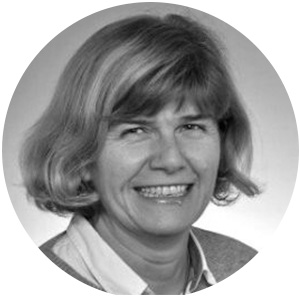
Christiane Wiemann
BASF, Austria
Christiane Wiemann is a veterinarian by training and works as a Principal Manager Toxicology / Human Risk Assessment Crop Protection at BASF. Starting her career as a toxicological study director she had have the focus on dermal absorption in vitro since then. Subsequently she became engaged in non-dietary risk assessment of plant protection products with meanwhile more than 20 years of experience. While her focus turned from toxicological hazard to non-dietary risk assessment she got engaged in several global and regional industry association and cross stakeholder working groups (CropLife, OECD, ICPPE) for non-dietary risk assessment and dermal absorption on the technical level bringing forward data generation, data collection, model and method development dedicated to the purpose of risk assessment improvement.
morelessWe have reserved a limited number of rooms for our participants at reduced rates at the hotel. These rooms can be booked up to 4 weeks prior to the start of the event. Please book early and directly through the hotel quoting „Akademie Fresenius“ as reference.
Participation Fee: € 1,995.00 plus VAT.
The registration fee includes the following benefits:
Representatives of an authority or a public university are therefore eligible for a reduced fee of € 895.00 plus VAT per person (please provide evidence). The reduced fee cannot be combined with other rebates.
Group Reductions
For joint bookings received from one company we grant a 15% discount from the third participant onwards.
Terms of Cancellation / Book without Risk
Written cancellations or transfers will be accepted free of charge up to four weeks prior to the start of the event. After this date and up to a week prior to the start of the event we will reimburse 50% of the registration fee. We cannot, unfortunately, provide refunds for later cancellations. However, in this case we will provide you with the event documentation after the event.
Please note that you can name a substitute free of charge at any time.

Sabine Mummenbrauer
Programme and conceptual design
+49 231 75896-82
smummenbrauer@akademie-fresenius.de

Sabine Mummenbrauer
Programme and conceptual design
+49 231 75896-82
smummenbrauer@akademie-fresenius.de

Sabine Mummenbrauer
Programme and conceptual design
+49 231 75896-82
smummenbrauer@akademie-fresenius.de

Alexandra Schardt
Organisation and participant management
+49 231 75896-74
aschardt@akademie-fresenius.de

Alexandra Schardt
Organisation and participant management
+49 231 75896-74
aschardt@akademie-fresenius.de
Present your Company at the Event.
You can personally present your products and services directly to your specified target group. We are happy to provide you with further information on our range of available options – from displaying company information at the reception counter to presenting your company with an exhibition stand.
We would be pleased to assist you personally:
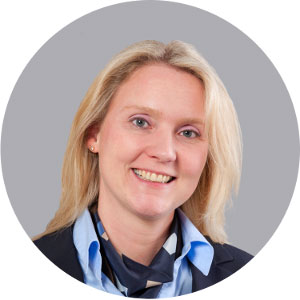
Monika Stratmann
Phone: +49 231 75896-48
info@akademie-fresenius.de
We offer journalists and editors a platform where they can get in touch with the experts.
If you are the editor of a specialist publication and interested in a press pass or media partnership, please contact us well in advance. We are happy to advise you.
Please contact us:
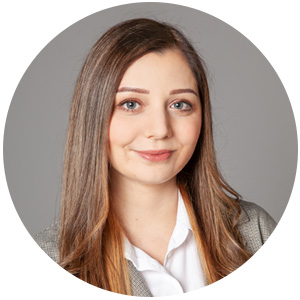
Katharina Geraridis
Phone: +49 231 75896-67
presse@akademie-fresenius.de
© Die Akademie Fresenius GmbH